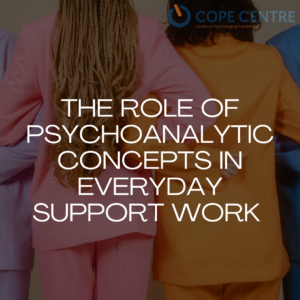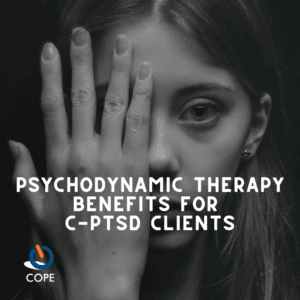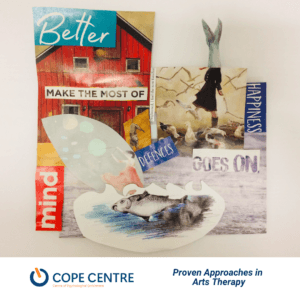Safety in a relationship is one of the most important key factors to its success
Marriage, friendships, kinships and social groups. We do not exist in this world alone; we exist in a world with others and our connections are important to our mental health. They provide support, love, companionship, respect and security, and assure our survival as individuals and species.
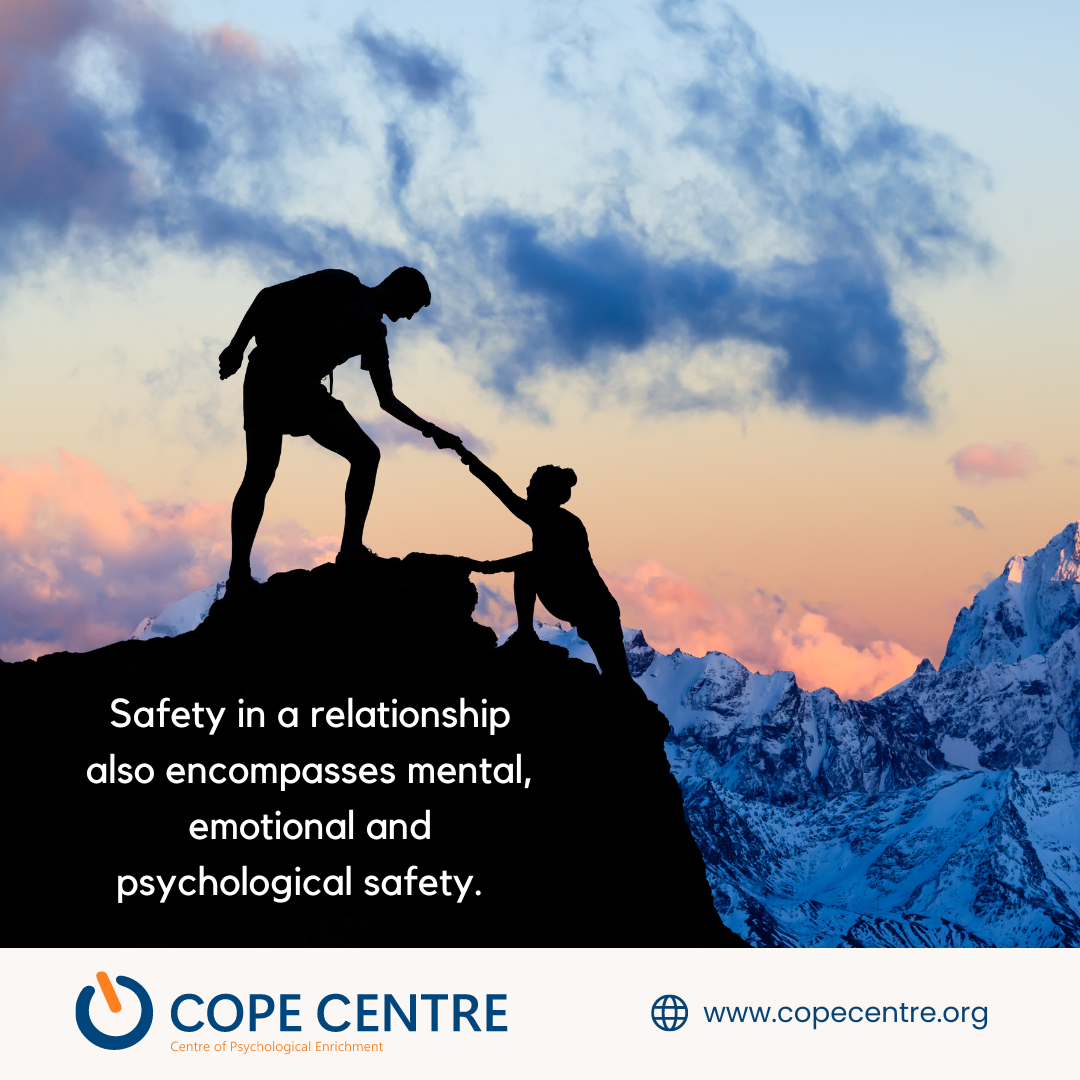
Trust and communication in relationships
Safety in a relationship is one of the most important key factors to its success, particularly in romantic relationships. When we think of safety, most people invariably associate it with physical safety and our need as humans to avoid pain and search for sanctuary against outside forces. However, safety also encompasses mental, emotional and psychological safety. This provides a strong base for communication and open dialogue. A place to be transparent and honest without the threat of reprisals or retaliations. Often as relationships continue and life gets busy, there can be a fracturing of the safety barrier that has been built. This can be due to the nature of the people involved, attachment styles, expectations, both spoken and silent, differences in belief systems, temperaments, coping mechanisms and language used as well as external forces.
Our perception, our confidence and sense of self in relationships
The safety barrier is the framework by which the relationship works. It encompasses rules, regulations, rituals and patterns of behaviours by which we live and communicate, to ensure continuity of the relationship. When this is breached, communication often breaks down. Ensuring safety in a relationship is a continuous process that needs to be worked on by all parties involved, but this appears simpler than it is.
Our perception of ourselves and our confidence in our own abilities and sense of self also plays a pivotal role in how we communicate. Our responses to significant others may come from feeling attacked when trying to open a dialogue about an issue. Experiences within family roles, friendship groups, culture and the wider society shape our reactions to our partner and any issues they may bring to the table, and this is due to trauma and the body’s response to things that are difficult to hear or behaviours. Humans have patterns of behaviour that they follow often without question or self-reflection, and belief systems can be difficult to get past sometimes if they differ in relationships.
Being able to not just listen, but also hear our partner can be difficult and challenging. Our ability to do this is based on our own communication style which we learn from a very young age from our caregivers. Behaviours are copied or mimicked from those closest to us and provide either positive or negative coping mechanisms and behaviours, which we internalise, and carry into our other relationships as we grow into adulthood.

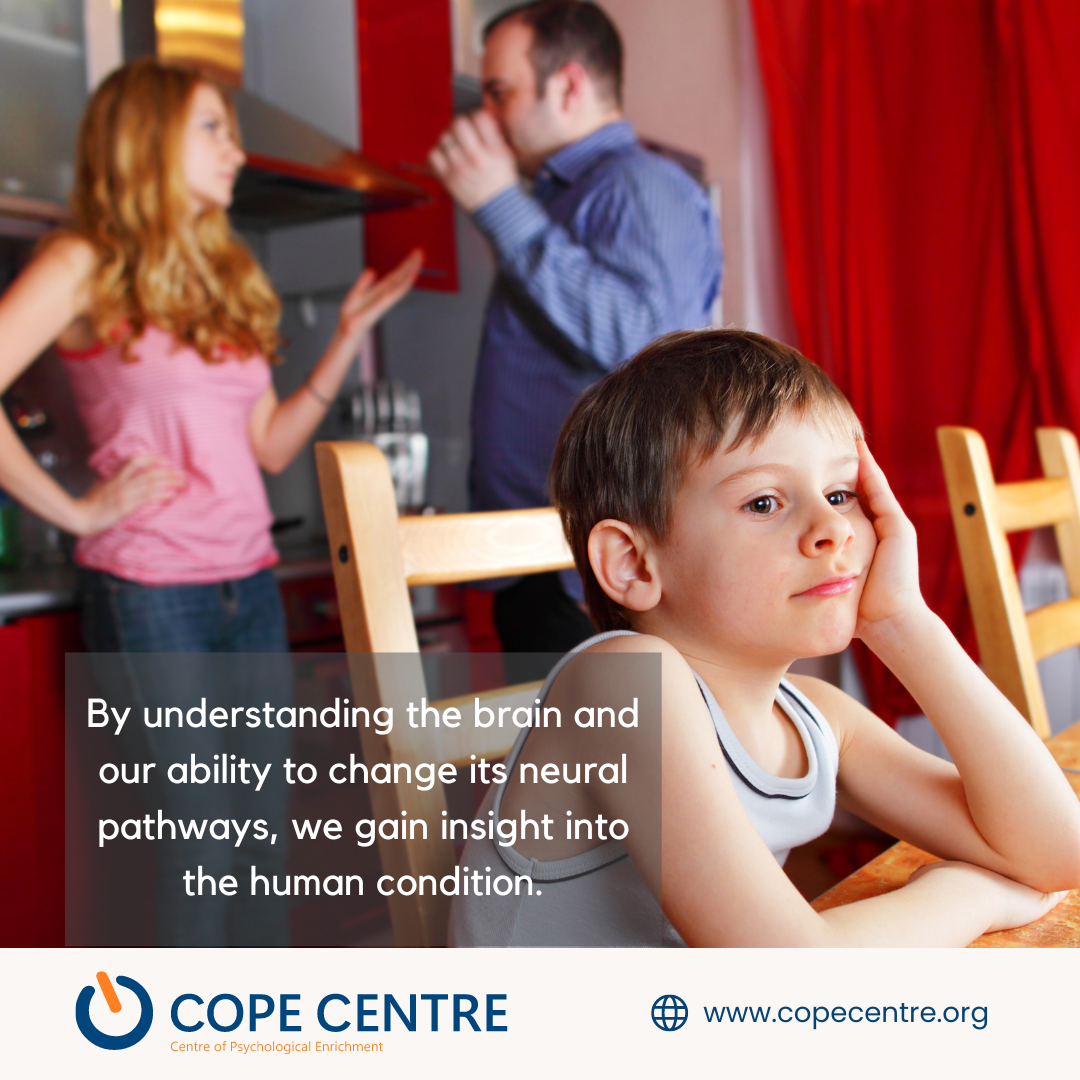
Understand another person’s point of view and yet still being different to them in relationships
Significant defence mechanisms are formed during life which then become a form of coping with how we feel, what we think and how we behave when faced with stressful situations and are often, though not always, involuntary. The primary aim of these responses is to consciously or unconsciously protect against anxiety and emotional stress and are also activated when a person’s self-esteem feels threatened with the sole purpose of defending us from feeling unsafe, vulnerable and unheard. These defence mechanisms can be supportive in the quest for safety or become maladaptive.
For example:
One of the most difficult issues when navigating differences of opinion is the belief that we must agree with the other person to validate their feelings. It is possible to understand another person’s point of view and yet still believe or feel differently to that person. For many, this concept is alien and difficult to comprehend and of course is subjective.
Changes in society in how we bring up children is a prevalent and constant topic of conversation There is more understanding of developmental changes, environmental changes and advances in the abilities of the human brain and nervous system allowing for better treatments, and this has allowed for changes in patterns of communication for present and future generations. The impacts of one on the other are more recognised and the neural pathways in the brain and our ability to change them is at the forefront of exploration into the human condition.
Despite the advances, for many of us, the challenges are still there to open safe dialogue and/or provide a safe space for others to be able to express themselves.
Psychotherapy, counselling, clinical psychology, art therapy, and couples counselling are part of the large network available to help individuals, families and couples explore issues within a safe and supportive environment. Exploring oneself can be difficult and confronting but extremely rewarding, especially when behaviours are repeated with negative consequences. Positive change comes from understanding and this comes from exploration, giving yourself and those around you a more positive outlook and productive and happy future.

Deborah Wood
Deborah has a passion for couples therapy completing her training in the Gottman method of couples counselling stages 1 and 2 and uses psychotherapy and a person-centred approach to provide individual therapy for couples tailored to their specific needs.
COPE Centre of Psychological Enrichment
Visit us at 2 Lawrence Avenue, West Perth
📞 (08) 6556 6460
📧 [email protected]
Our services About – Cope Centre
Follow us here Facebook
